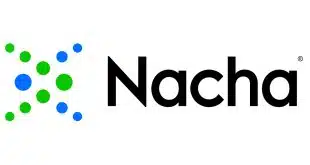All four card brands have now delayed for the second time their EMV liability shifts for automated fuel dispensers with Mastercard Inc.’s Monday announcement it would postpone its shift until April 16. The original shift was to have taken place in October 2017, but was deferred until October 2020. Along with the delay, Mastercard also announced a new program to curtail fraud at the pump.
Petroleum retailers had been clamoring for another delay given the complexity of adding EMV chip card readers to fuel pumps. While the card brands harmonized on a delay in the shifts, the need to upgrade to EMV remains given the vulnerability to counterfeit fraud of pumps that can only read magnetic stripes. “Fraud has been migrating to [automated fuel dispensers] at an accelerated pace, with 17% of all U.S. card-present fraud losses reported to Mastercard occurring through transactions at these merchants as of Q4 2019,” Mastercard says in a release.

Elements of the new anti-fraud program include Mastercard providing additional data on high-risk transactions to credit and debit card issuers. Other measures include providing merchants sustaining high amounts of fraud more details about fraudulent transactions. The card brand will also develop a compliance program for those merchants. Visa Inc. has similar programs, including the Visa Transaction Advisor that analyzes transactions for fraud.
In April, Visa was the first big network to announce a second delay for fuel pumps, after having denied pleas from NACS, a trade association for convenience-store operators, earlier that month. Like other businesses, the convenience-store industry is affected by the Covid-19 pandemic. Visa was followed by American Express Co. in early May and Discover Network last week.
NACS is glad for the delay. “We are glad that the major networks have each recognized that this crisis has created unforeseen complexities in the EMV migration process, inhibiting retailers’ ability to meet the fall deadline,” Anna Ready Blom, NACS government relations director, says in a statement. “The six-month EMV delay will give retailers more time, but whether it’s enough time remains uncertain as the full magnitude and scope of this unprecedented pandemic is still unknown.”





